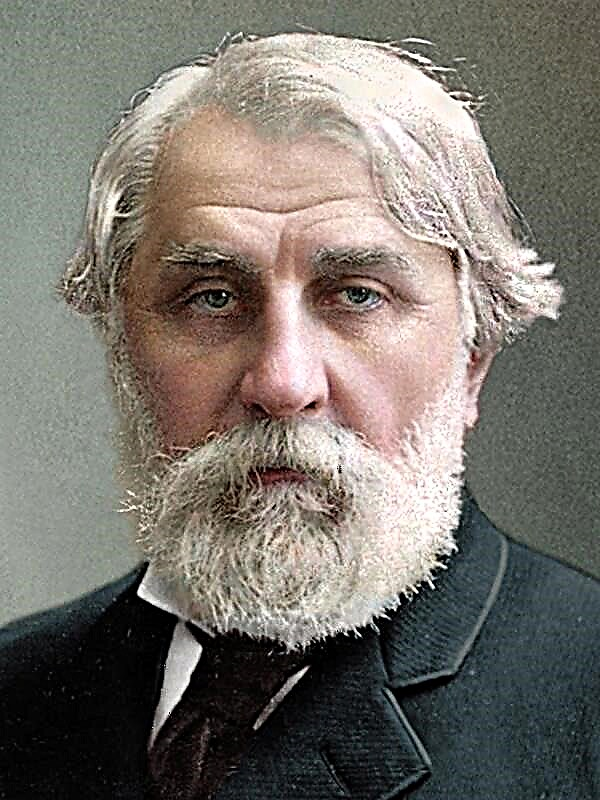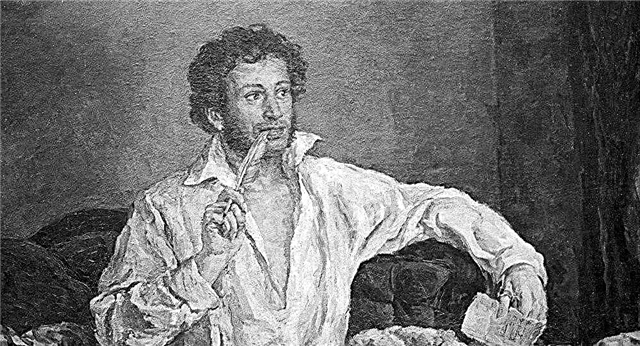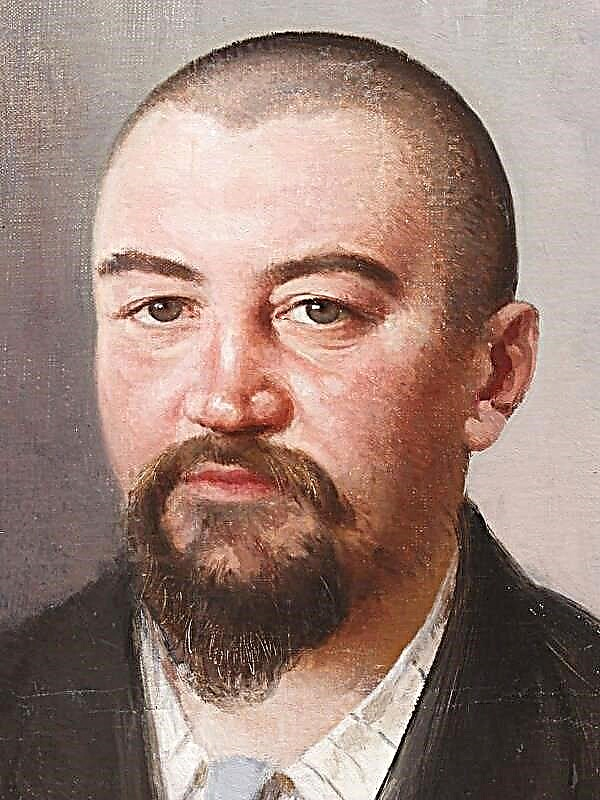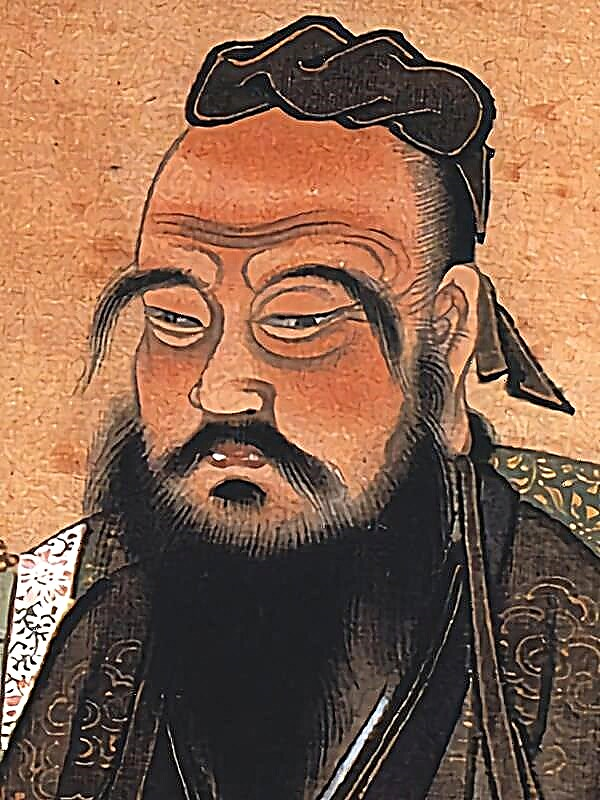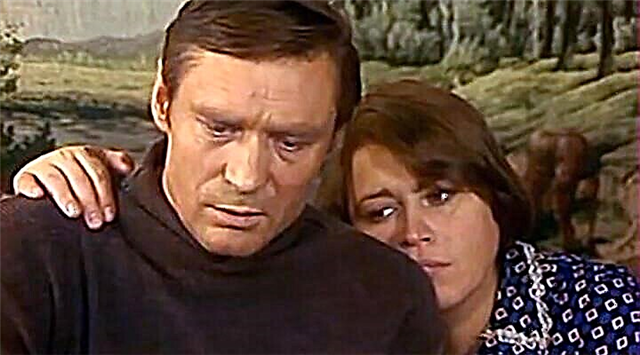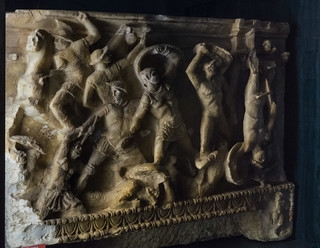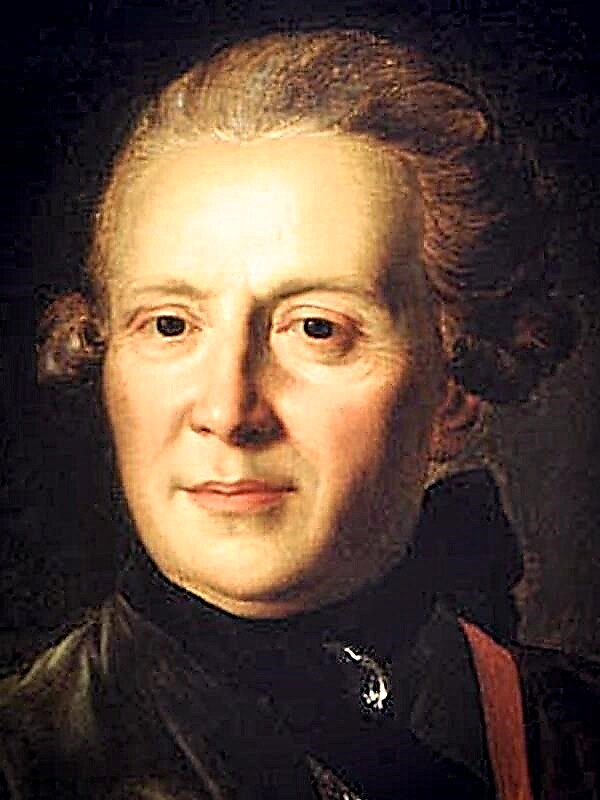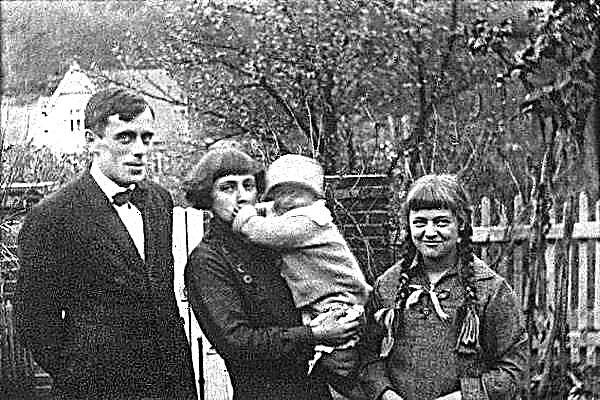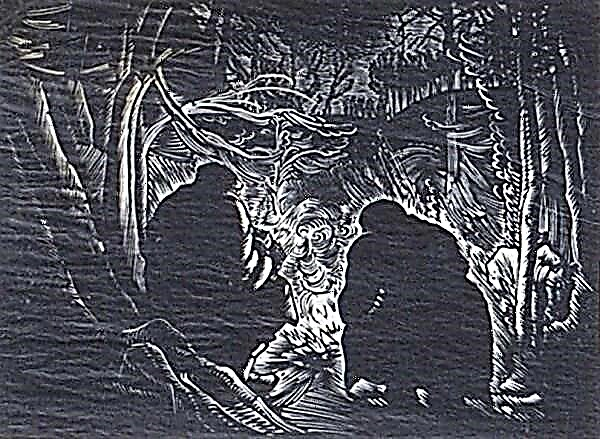Life goal is a source of inspiration for a person seeking to transform himself and the world around him. She helps him in self-determination and overcoming difficulties. Under the goal is understood to mean a set of specific results that are achieved by a person throughout life. However, it is important to remember that the path that everyone independently chooses in the process of achieving it depends on the nature of the goal. And this way can often turn out to be wrong, since the goals set are shallow and superficial. Therefore, in the process of self-knowledge it is so important to understand what really is important in life.
One of the most striking examples of an aimless hero in Russian literature is Grigory Pechorin, a character from Lermontov’s novel “A Hero of Our Time”. This is a "superfluous person" disappointed in life, suffering from his own loneliness and the meaninglessness of his existence. In the absence of life goals and guidelines, the main tragedy of the hero is manifested, theoretically capable of sincere feelings and actions, but in practice he has not found a place in life. Therefore, he chooses smaller goals and short-term goals that are easily achievable. For example, he quickly discourages Princess Mary from Grushnitsky and just as quickly decides to abduct the beautiful Bela. Pechorin suffers deeply from the realization of his own futility, inability to live in the name of a lofty goal, therefore, none of the achievements brings him happiness.
An example of a lofty goal is that which was embodied by the hero of the novel by M. Sholokhov, “The Fate of Man,” Andrei Sokolov, who considers it his duty to defend the Homeland and serve the Fatherland. This goal can be called meaningful, since it is aimed not so much at self-satisfaction, but at the fulfillment of a higher purpose. For Andrei Sokolov, the main thing is to remain a man in any situation, while fulfilling his moral duty. The meaningfulness of his actions gives him strength in phenomenal exploits. For example, he withstands the test of Mueller and leaves him victorious, because even the enemy was dumbfounded by his courage and honor. Andrei did not drink for the victory of the Third Reich, although he was threatened with execution.
The goal often determines the person himself, revealing his desires and aspirations. The higher the goal, the more noble the person who is trying to achieve it. The height of the goal is determined not so much by the complexity of the achievement, as by universal human motives that reveal the spiritual potential in a person. If the goal is not meaningful and perishable, then nothing will come of the person standing behind it.

